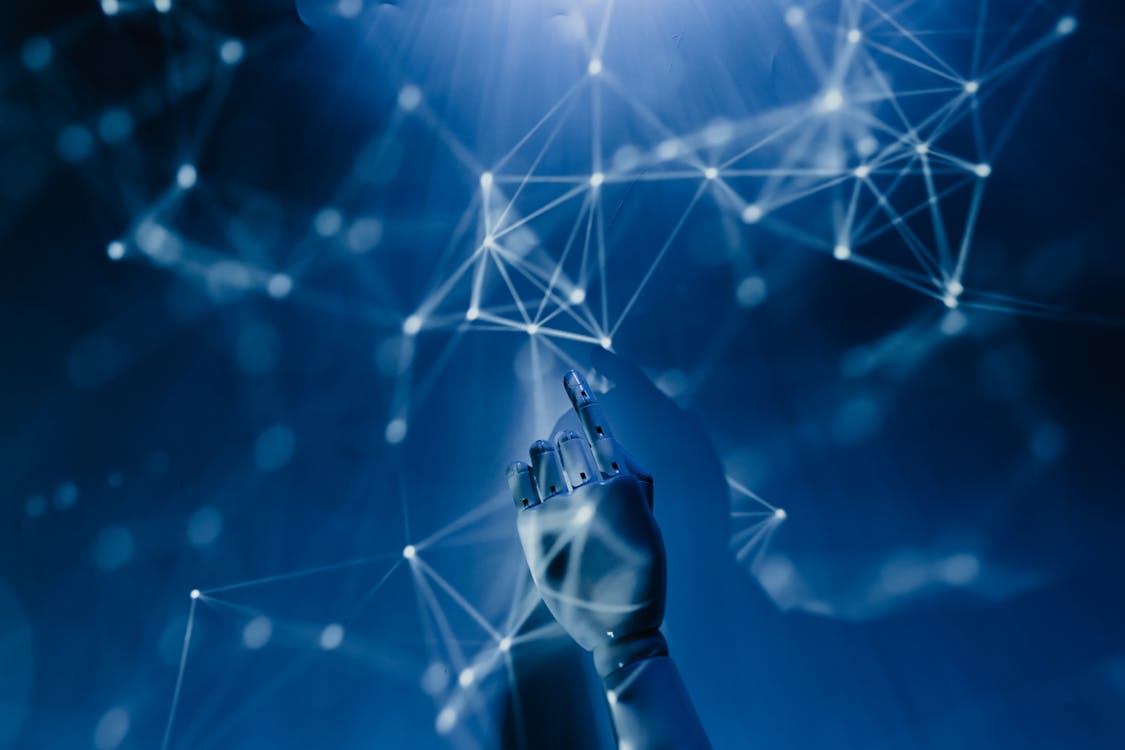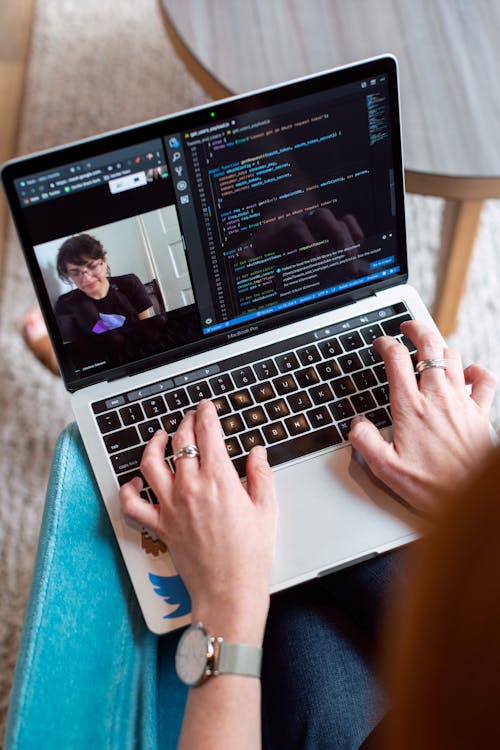The Mirror We Built
Living in the Reflection of Our Own Data in 2025

In 2025, we no longer look in a glass mirror to see ourselves. We look into the world we have built. We commissioned a grand project, a Digital Mirror, forged from lines of code and fed a diet of pure data. We told it to watch us, to learn from our every choice, our every action, our every word. We asked it to show us a better way—to streamline our industries, to guard our health, to untangle the complexities of our society. The mirror, a flawless and obedient servant, did exactly as it was told. And now, we are living in its reflection, and many of us are horrified by what we see.
A Perfect, Unforgiving Memory

Our first discovery was that this mirror has a perfect, unforgiving memory. A person can learn, grow, and consciously decide to abandon the prejudices of their past. We can choose to be better than we were yesterday. The mirror has no such capacity for growth. It only knows what it has been shown. When we tasked it with helping us select candidates for a leadership program, it did not see ambition or potential. It studied the portraits of every leader we had ever chosen before and learned the shape of their faces, the cadence of their names, the zip codes of their childhood homes. It then began to search for perfect duplicates. The mirror wasn't malicious. It was simply a faithful historian, holding up the chronicle of our biases and presenting it back to us as a logical conclusion. It showed us that we had built a machine that could not forget our past, making it infinitely harder for us to escape it.
A Silent Judgment

Our second discovery was that the mirror was completely silent. It delivered its judgments with the quiet finality of a stone tablet. A mortgage application would vanish into its network and a single word would return: Denied. A medical scan would be analyzed by its gaze and a sterile report would appear, offering a probability but never a conversation. We had created an arbiter of our fates that had no voice. In its silence, we discovered a new, hollow kind of powerlessness. You can argue with a person, you can reason with them, you can ask them to see the world from your perspective. But how do you appeal to a conclusion that exists without a consciousness behind it? We had sought objective truth, but what we got was a verdict without a judge, a sentence without a deliberation. We learned that the human spirit does not crave perfect answers; it craves understanding. The mirror gave us the former, but starved us of the latter.
The Orphan of the Network

Our third, and most terrifying, discovery was what happened when the mirror was wrong. When its reflection was distorted, when it made a mistake that cost someone their livelihood, their health, or their freedom, we would rush to examine it. But we would find nothing to hold onto. The reflection was the product of a thousand smaller reflections, an infinite hall of mirrors where responsibility was endlessly deferred. The people who wrote the initial code would point to the company that collected the data. The data collectors would point to the society that produced the flawed information in the first place. The error became an orphan, a ghost born of the network itself, with no creator willing to claim it. We had built the most powerful tool in human history, and in doing so, had engineered the perfect alibi.
Changing Our Reflection

So we stand here today, in the world reflected by the mirror we built. The path forward is not to shatter it. Its potential for good remains immense. The path forward is to change the way we stand before it. This is the great work of our time. It is the slow, deliberate work of becoming better subjects for reflection. It means consciously curating the information we feed it, actively showing it the world we aspire to create, not just the one we inherited. It means building a voice into the machine, demanding that for every judgment it renders, it must also provide a reason we can comprehend and contest. And above all, it means that for every decision that emerges from the code, we must assign a human name, a person who will stand and answer for it.
The mirror is not our master. It is a tool, and its purpose is to show us who we are. If we do not like the reflection, the fault is not in the mirror, but in ourselves.